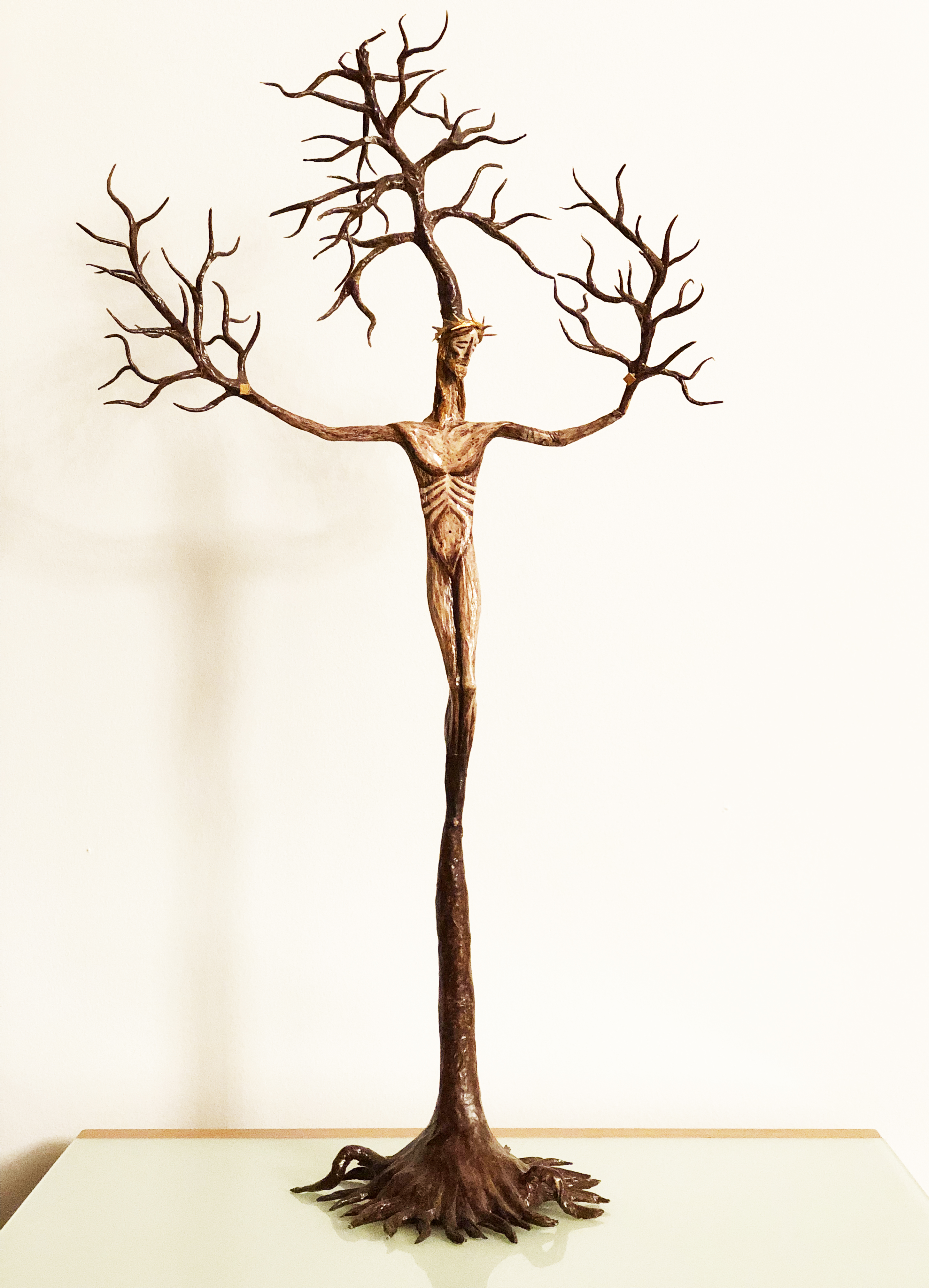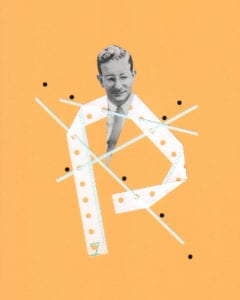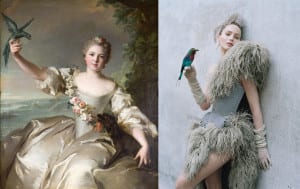Once a work of art hits you in the gut, what do you do next?
I understand how intimidating it is to take that first step, but you’re already halfway there. We all surround ourselves with things we love. Without a thought about resale value, we buy furniture, gadgets, and decorations that cost just as much as works of art. The idea that art isn’t for ordinary people is an obsolete leftover from when society was divided into unbreachable classes.
Having been an art outsider most of my life, I get it. The art world, with the if-you-have-to-ask-you-can’t-afford-it atmosphere some galleries have, can feel really unwelcoming—especially when you’re first starting out and aren’t sure how to tell profound from pretty.
But that’s changing. Sellers are getting more transparent about their pricing. They’re realizing that no one wants to risk asking about a work of art that turns out to be way above their price range. (Ugh—it’s like having your credit card declined!)
If you haven’t read my first column (Collecting 101—Your Eye and Your Gut), here’s a quick recap. Don’t buy the first thing you see. Spend time browsing so you build an image bank in your head of what quality art looks like. There are more ways than ever before to discover art: online platforms, social media, galleries, art fairs, artists’ studio tours, and auctions.
Price doesn’t necessarily equate with quality. When you like a piece, ask yourself whether it hits you in the gut. The better the art is, the more deeply it’ll make you feel—no matter the price tag. If the work doesn’t communicate anything profound to you, chalk it up to infatuation and move on, you haven’t found true love yet, but you will. In fact, you’ll love a lot more works than you have room for. That’s the hard part—deciding which art you’re going to actually bring home.
As soon as you decide to take the art plunge, set a low impulse-buy threshold that’s well below your budget. Whether it’s $100 or $10,000, don’t buy any work above that threshold without thoroughly researching the artist first. (More on how to do this later.)
My husband and I often make impulse buys while we’re traveling. We bought the two watercolors that are in my office on a trip to Moscow many years ago, but we didn’t just see them and pull out a credit card. Here’s how we find art that makes us happy for the long term.
Develop relationships with art professionals you trust. This is much easier than it sounds. When you’re in an art setting, don’t be afraid to ask about the work you’re seeing. Art professionals are usually incredibly knowledgeable and love talking about art. Asking, “Could you tell me more about this work?” is a great opener. I’ve learned most of what I know about art by chatting with artists, curators, and gallerists.
Only buy from reputable sources. Art doesn’t have an expiration date. If someone tries to hard-sell you on a piece of art, walk away. Any reputable seller will hold (reserve) a piece for you while you think about it for a couple days‚ even in the heat of an art fair. “Reserving” it means they’ll get in touch with you before they sell it to someone else to see if you still want it—at the same price they originally quoted you. If you do hesitate too long and regret losing the piece, you can almost always commission another piece from a living artist. Commissioning doesn’t cost anything extra. You just have to wait until the artist makes it.
Reputable sellers will always give you a signed certificate of authenticity that includes an image of the work and all of the specific information about it. Also ask for a dated, detailed invoice—not just a receipt. You’ll need both for taxes, insurance, and provenance (the history of who’s owned the work). If a seller won’t give you this standard documentation, there’s something wrong.
Even with impulse buys, research the artist. Daria K.’s work had me from the minute I walked into her show, which was her first solo exhibition. Artists often depict tragedy through action or the evidence of action. Think of a crucifix, like the one I have from Ricardo Linares. The tragedy is the realization that a human was nailed to a tree and left to die. (Linares’ version is special to me because the cross has sprouted roots and branches.) But Daria K. communicates anguish just through the expressions on her subjects’ faces. She paints the wounded, and we can all relate to that.

One of the best ways to learn about what you’re seeing is to read the short press release or artist’s statement that explains the intent of the work. Read it before or while you’re looking at the work. Learning art’s context deepens your understanding of it and can give you the hit in the gut you’re looking for.
I immediately connected to Daria K.’s work, but I was really hooked when I learned her story. Her work stems from shocking personal experience. As a teenager, she was in a terrible accident…with a train. She was so badly injured that she was hospitalized for a year. That’s why she’s so good at communicating suffering and the strength it takes to overcome it.
Finally, don’t be afraid to ask the gallerist or the artist which work they think is the most important. I was torn between a few of Daria’s works, so I asked the gallerists which pieces they thought were the best in the show. Their expertise helped us make a great final decision, and the works we chose inspire me every day.
top image // A Couple Against the Light and A Man by Daria K. in my office over Druk’s dog bed.

Holly Hager is an art collector and the founder of Curatious. Previously an author and a professor, she now dedicates herself full-time to help artists make a living from their art by making the joys of art more accessible to everyone.



